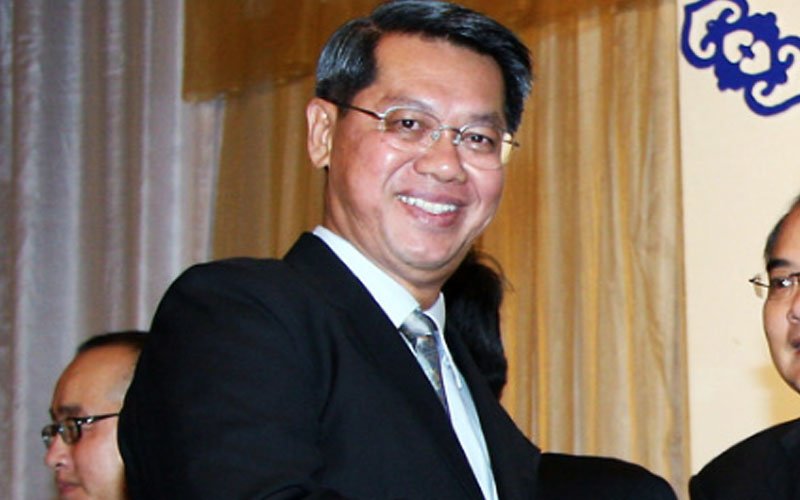KUALA LUMPUR: Sidang Injil Borneo (SIB) has gone to the Federal Court in its attempt to compel the home ministry to disclose documents which banned non-Muslims from using the Arabic word “Allah”.
Lawyer Tan Hooi Ping, a member of SIB’s legal team, said they had filed an application for leave to appeal last month after the Court of Appeal also refused its appeal in October.
“We have framed a number of legal questions to get leave from the apex court before the merits of the appeal can be heard,” she said.
Tan said they have also written to the Court of Appeal to get the grounds of judgment. The apex court registry has fixed case management on March 5 to get an update.
“In the meantime, a judicial review proceeding before the High Court has been put on hold pending the outcome in the Federal Court,” Tan said, adding that case management was held yesterday before a (High Court) deputy registrar.
On Oct 12, a three-member Court of Appeal bench chaired by Suraya Otham dismissed a discovery application by SIB for documents which the home ministry used to support its ban on the church’s right to use the word “Allah”.
Suraya said the discovery sought by SIB is unnecessary, after careful consideration of the arguments made and legal authorities cited.
If there was no appeal to the Federal Court, the High Court would have heard the merits of the case.
The appeal hearing was put on hold for about three years as the church group was hoping for an administrative solution to the dispute under Pakatan Harapan and the current Perikatan Nasional governments.
On Oct 16, 2017, Judge Nor Bee Ariffin, who has now been elevated to the Court of Appeal, ruled that there was no necessity to make such an order in a judicial review application.
Nor Bee said the issue could be decided based on affidavits and available documents exhibited in the case.
The Sabah church asked the court to order the government to disclose documents to support a 1986 ban on non-Muslims using the Arabic word “Allah”, but the government objected by saying they were classified documents.
SIB president Reverend Jerry Dusing, in his discovery application, wanted a clear resolution in the matter as Christians in Sabah and Sarawak, where SIB was founded, had been using the word in their prayers, sermons, education and songs.
Senior Federal Counsel Shamsul Bolhassan, appearing for the ministry, argued that the documents sought by SIB fell under the Official Secrets Act.
The church sought two sets of documents, including letters and minutes of meetings containing the reasons for the government’s 1986 “Allah” ban; documents showing confusion among Malaysians or misunderstanding between Muslims and Christians over the use of the word “Allah” in Bahasa Melayu Christian publications; or showing threats to public order due to the non-Muslim use of the term.
The second set of documents sought were those which granted approval to import, publish, produce, distribute or own any Christian publications with the word “Allah”.
SIB and Dusing filed the lawsuit on Dec 10, 2007, after three boxes of Malay-language Christian educational books that contained the word “Allah” were seized by the Customs Department at the then Low-Cost Carrier Terminal in Sepang in August 2007.
The books were returned to SIB in January 2008.
SIB, however, is seeking a declaration that it has the constitutional right to use the word in publications and for educational purposes.

